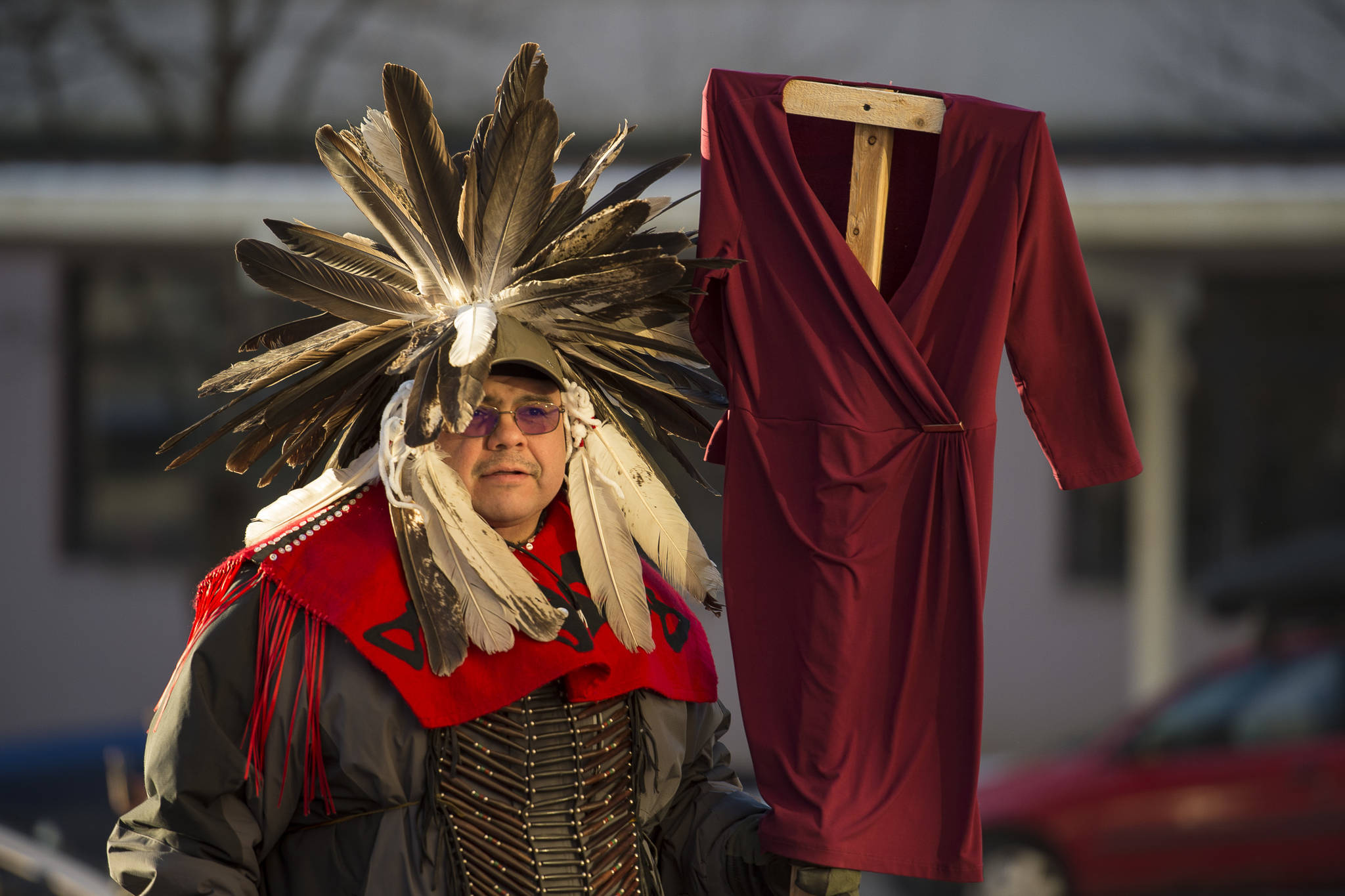U.S. Sen. Lisa Murkowski, R-Alaska, is a part of a group of senators who introduced a bill in Congress on Wednesday that addresses the crisis of missing, trafficked and murdered indigenous women.
The Not Invisible Act of 2019 is legislation that would engage law enforcement, tribal leaders, federal partners, and service providers and improve coordination across federal agencies, according to a press release.
“Human trafficking is a horrifying reality across the state of Alaska and is disproportionately affecting our Alaska Native communities. This legislation paves the way for greater collaboration between federal agencies, law enforcement, and elected tribal officials, ensuring Alaska Natives have a voice in developing methods to end these horrible crimes,” Murkowski said in the release.
The bipartisan bill establishes an advisory committee of local, tribal and federal stakeholders to make recommendations to the Department of Interior and Department of Justice on best practices to combat the epidemic of disappearances, homicide, violent crime and trafficking of Native Americans and Alaska Natives.
The National Institute of Justice estimates that 56 percent of American Indian and Alaska Native women experience sexual violence in their lifetimes. In addition, murder is the third leading cause of death among American Indian and Alaska Native women, according to data in the legislation.
[Sitka woman testifies in Washington, D.C. about missing, murdered Alaska Native women]
• To combat that crisis, specifically, the Not Invisible Act: Requires the Secretary of the Interior to designate an official within the Office of Justice Services in the Bureau of Indian Affairs to coordinate violent crime prevention efforts across federal agencies.
• Requires the Secretary of the Interior, in coordination with the Attorney General, to establish an advisory committee on violent crime composed of members including tribal, state, and local law enforcement, service providers, representatives of relevant federal agencies, tribal leaders, and survivors and family members.
The Committee will identify legislative, administrative, training and staffing changes to increase reporting and prosecutions of relevant crimes. It will also develop best practices for tribes and law enforcement to better collect and share information across systems and agencies and then make recommendations to the DOI and DOJ on what more can be done to combat violent crime.
The Not Invisible Act is supported by the National Indigenous Women’s Resource Center (NIWRC) and is cosponsored by two other U.S. Senators, Catherine Cortez Masto, D-Nevada and Jon Tester, D-Montana.
[Photos: Missing indigenous women at forefront of Juneau’s women’s march]
“Through partnerships, coordination and pooling resources we can turn the tide of women and girls falling victim to sex trafficking,” said Murkowski in a press release. “I am proud to work with Senator Cortez Masto to build upon our efforts to shine a spotlight and address the issue of missing and murdered indigenous women and drive legislation that will help end human trafficking of our American Indian and Alaska Native populations once and for all.”

